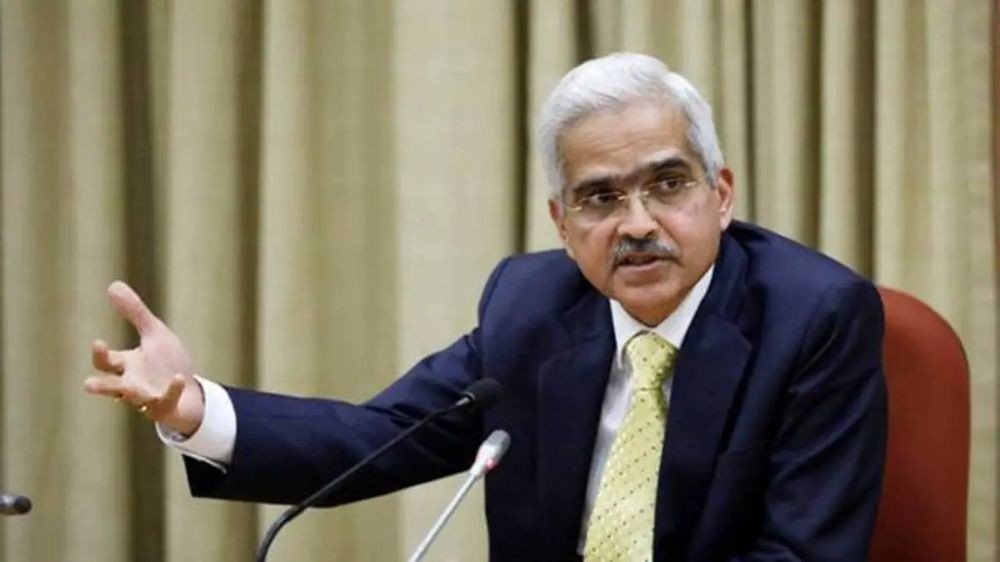
The year 2009 saw an end to the prolonged civil war in Sri Lanka and ushered in a dawn of new horizons of economic prosperity. In the decade that followed, it consistently demonstrated a prolific growth rate amongst its neighbouring nations. This was a welcome change across the diaspora of stakeholders after a period of internal disturbances that had ravaged the country’s growth prospects. The lookout was optimistic for a progressive future. How would you balance out on accelerated pace to pause for deep-thinking?
The Genesis
To propel the country’s growth, successive governmental setups in the island nation borrowed funds from some of the economic powerhouses on premium terms. The confidence of the Sri Lankan policy makers for meeting repayment schedules and other financial obligations was bolstered by the thought of conceptualising a tourism-based economy for the country and take the economic aspirations of its people on a higher trajectory. However, Sri Lanka remained un-exempted to the fact that economic growth of a nation comes with enhanced consumption of energy. As the country undertook rapid urbanisation projects, creating infrastructures aligned to global tourism prospects and developing supportive businesses for the segment, the energy demand rose sharply. The alleviation from poverty levels led to aspiration for energy access amongst the population. The one thing which simultaneously paralleled all these aspects was the rising expenditures from import of petroleum and coal for meeting its energy needs. Was it possible to energise without draining on reserves?
The concerned actors missed this pointer to take steps towards reducing long-term import dependency on fossil fuels, a segment fraught with behavioural volatility and uncertainty. The effect of the enormous foreign debt loads and the stress for meeting repayment schedules had started becoming evident much before the present imbroglio and this weak signal too was missed by the Sri Lankan policy thinkers. In 2017, the nation handed over one of its strategic ports in the Southern province on a 99-year lease with complete rights to a Chinese governmental agency in lieu of a scheduled loan repayment. Could the mayday call have been transmitted on broadcast rather than on closed channels?
The Action
Unbeknown to the world, a black swan event was in brewing when the present Sri Lankan government assumed office in 2019 and implemented sweeping tax cuts as a populist measure. In late 2019, the Covid-19 pandemic unleashed itself on the world, its meteoric impact crippled the world economy and put up an existential challenge to the human race. With travel restrictions imposed for containments across the globe, the booming Sri Lankan tourism industry came to a standstill. On one hand, domestic revenue generation went down significantly due to the reduced tax rates, while the inflow from tourism also dried out. The pandemic was also an inopportune time to resurrect the prior tax rates and it was a catch 22 situation for the government.
The extended period of pandemic and uncertain global economic conditions began to rub-off its effecton this island nation and sometime in late 2021, Sri Lanka started reeling under exacerbating economic pressure due to its depleting forex reserves. The pivotal point in January 2022 saw it face an acute shortage of nearly all essential commodities including the fuel in the country. Prolonged power cuts due to lack of fuel at power plants, dry outs at fueling stations, and escalated costs of essentials promulgated an economic crisis from which no easy way out is presently evident. The government is forced to make spot purchases for fuel to avoid making advance payments in foreign currency. The ongoing conflict in Europe has worsened the dynamics for this island nation and it is literally at tethering end of its economic affairs. The lack of foreign reserveshas made it resort to bartering and exchange of goods with agreeable nations, seekimmediate assistance from its neighbors for relief packages, restructuring of outstanding loans and open credit lines for procuring essentials. Some of these were negotiated and materialized while some fell through as each nation has its own interests while extending such assistance. The present government after much deliberation and subtle push from other friendly nations have finally approached International Monetary Fund (IMF) for help.
So where did a booming economy miscalculate its future steps!
Insights and the Weak Signals
Often weak signals get lost in the environmental turbulence. The pangs of economic crisis gripping Sri Lanka is result of amplification of those erstwhile weak signals which the strategy makers failed to capture for orchestrating a timely response.
The economic aspiration and energy-security of a country are fused together. It promulgates the deliverance of outcomes for a prosperous and sustainable future. Securing this would have meant to balance out the energy mix with a higher segment of local solutions for alternative energy resources. The defining self-reliance for the nation would have been instrumental in reducing the energy import bill for the country, free up its borrowed resources and thus alleviate the tacit financial pressures from the lenders. The higher initial costs could have been neutralized through timely interventions and policy support thus fostering long term benefits. But the urbanization boom and the emergence of Sri Lanka as a sought-after tourist destination led the policy makers to an obscured vision of false peripherals. Whilst the agricultural based traditional economy of Sri Lanka encountered rapid transition towards urbanization coupled with the escalated energy needs, the lack of foresight deployment for a safe, secure and inclusive energy transition plan to arrive at the scenarios of future is what probably fell short for Lanka and led to its present fall. Are these the misplaced and miscalculated opportunities?
(Deepmalya Datta is working as a researcher with Bharat Petroleum Corporation Limited. Dr Manoj Joshi is a Fellow Institution of Engineers, Professor of Strategy, Entrepreneurship and Innovation, Director, Centre for VUCA Studies, Amity University, with 31+ years of experience in industry & research.)












